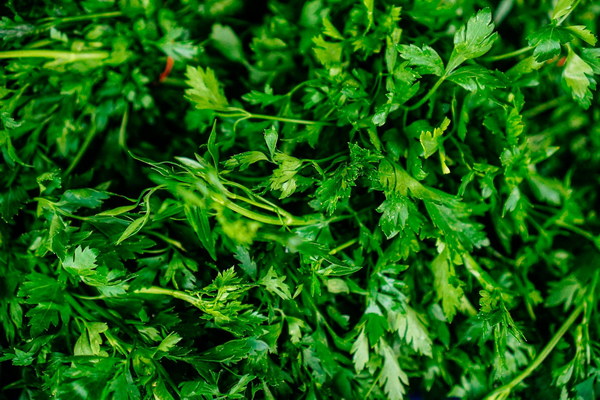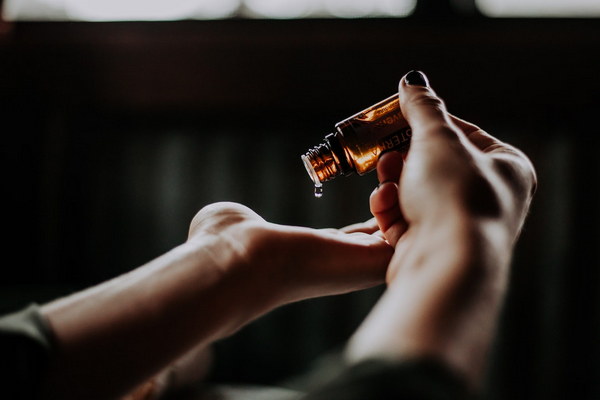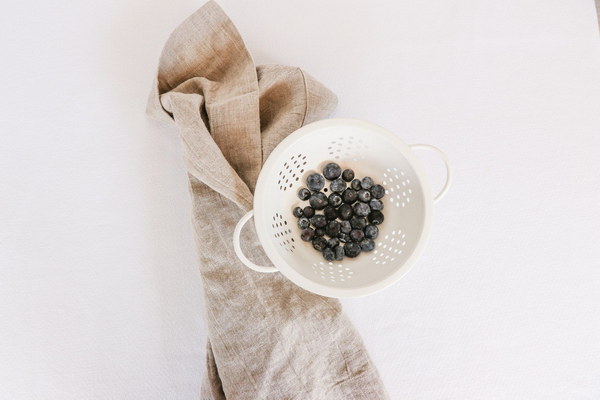The Warming Power of Ginger A Traditional Remedy for Dampness and Health Enhancement
In the realm of traditional medicine, ginger has long been celebrated for its healing properties, particularly in the context of combating dampness, a common condition in many Asian cultures. Dampness, often described as an accumulation of excess moisture in the body, can manifest in various ways, from discomfort in the joints to a general feeling of malaise. This article delves into the traditional use of ginger in alleviating dampness and explores its potential health benefits.
Understanding Dampness and its Effects
Dampness, in traditional Chinese medicine (TCM), is considered a pathogen that can disrupt the body's balance and lead to various health issues. It is believed to be caused by an imbalance in the body's Yin and Yang, with an excess of Yin (cold and damp qualities) overwhelming the body's defenses.
Symptoms of dampness include:
- Fatigue and weakness
- Excessive weight gain, especially in the abdomen
- Swelling and puffiness, particularly in the legs and feet
- Discomfort in the joints and muscles
- Indigestion, bloating, and a general feeling of heaviness
- Excessive mucus production
Ginger: A Natural Remedy for Dampness
Ginger (Zingiber officinale), a rhizome known for its pungent flavor and aroma, has been used for centuries in various cultures to address dampness. TCM practitioners often recommend ginger as a warming herb that can help expel dampness from the body.
Here are some ways ginger combats dampness:
1. Warming Qualities: Ginger is considered a warming herb, which means it can help balance the body's temperature and expel excess cold and dampness.
2. Improved Digestion: Dampness is often associated with poor digestion. Ginger can stimulate the digestive system, aiding in the absorption of nutrients and reducing the likelihood of dampness accumulating in the body.
3. Anti-Inflammatory Properties: Ginger contains compounds called gingerols and shogaols, which have anti-inflammatory effects. This can help alleviate joint and muscle discomfort associated with dampness.
4. Enhanced Circulation: Improved circulation can help remove excess fluid from tissues, reducing swelling and puffiness.
Ginger in Daily Life
Incorporating ginger into your daily routine can be as simple as adding it to your meals or using it in herbal teas. Here are some practical tips for using ginger to combat dampness:
- Ginger Tea: Boil fresh ginger slices in water for a few minutes to make a warming tea. Add honey or lemon for added flavor and benefit.

- Ginger Spices: Use fresh or dried ginger in your cooking to add a zing to soups, stews, and marinades.
- Ginger Combinations: Combine ginger with other herbs and spices known for their warming properties, such as cinnamon, turmeric, and black pepper.
- Ginger Supplements: If you prefer, you can take ginger supplements in capsule form. Consult with a healthcare professional before starting any new supplement regimen.
Potential Health Benefits Beyond Dampness
While ginger is commonly used to address dampness, it offers a range of potential health benefits:
- Antioxidant Properties: Gingerols in ginger have been shown to have antioxidant effects, which can help protect the body against oxidative stress and inflammation.
- Pain Relief: Ginger has been studied for its potential to alleviate pain, particularly in conditions like osteoarthritis and menstrual cramps.
- Nausea Reduction: Ginger is often recommended for reducing nausea, making it a popular remedy for morning sickness and chemotherapy-induced nausea.
Conclusion
Ginger's traditional use in combating dampness and its associated symptoms is well-documented in various cultures. Its warming qualities, combined with its potential health benefits, make it a versatile and natural remedy that can be easily incorporated into daily life. Whether you're looking to alleviate dampness or simply enhance your overall well-being, ginger is a herb worth exploring. As with any supplement or herbal remedy, it's important to consult with a healthcare provider before making significant changes to your health regimen.









